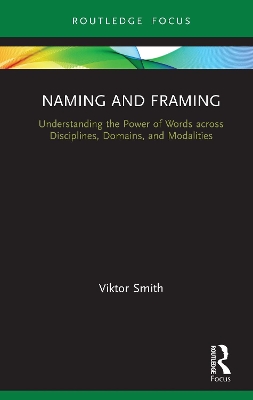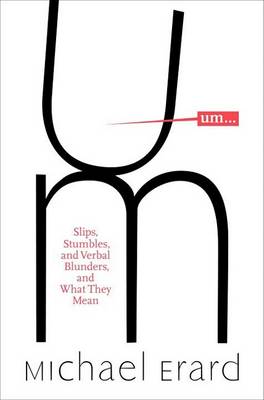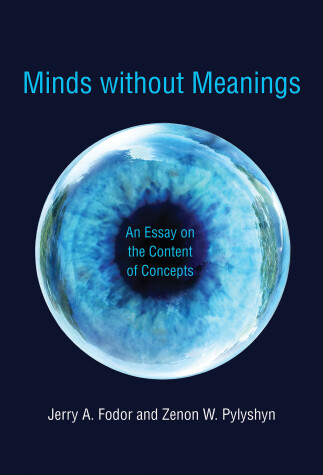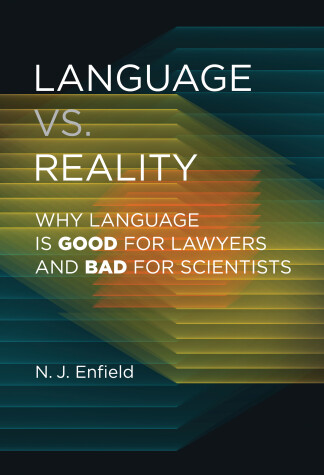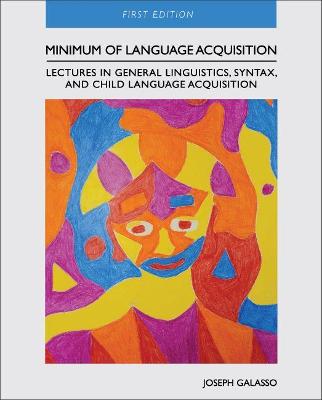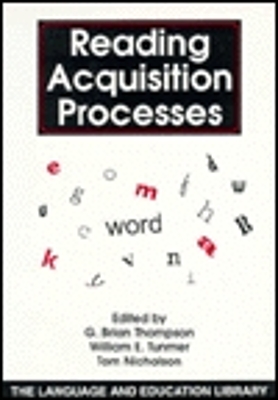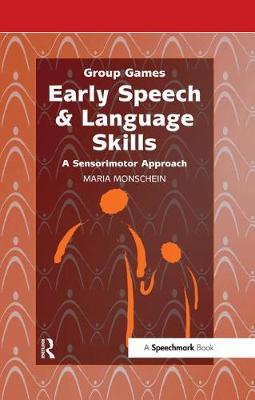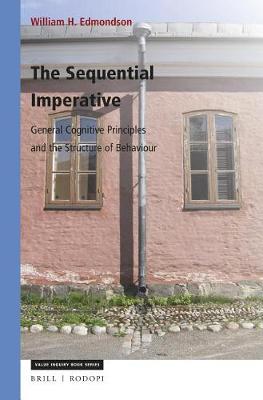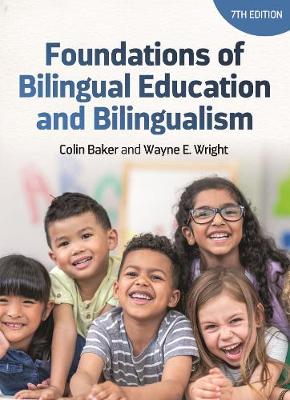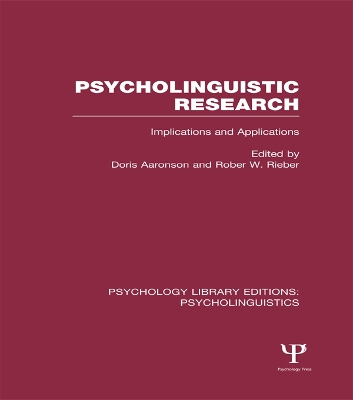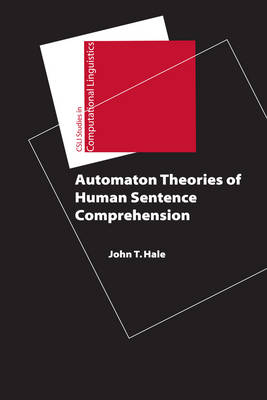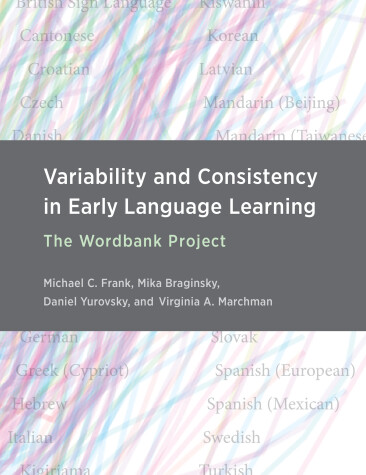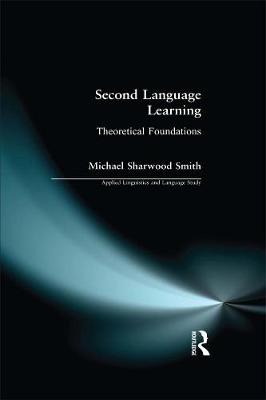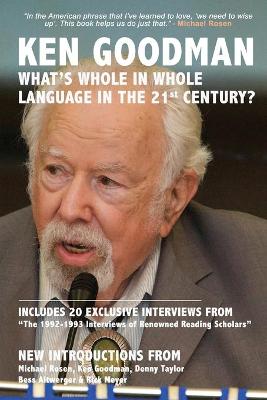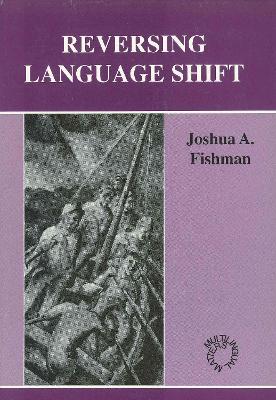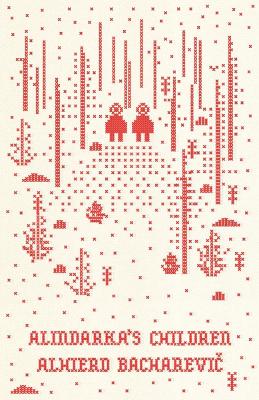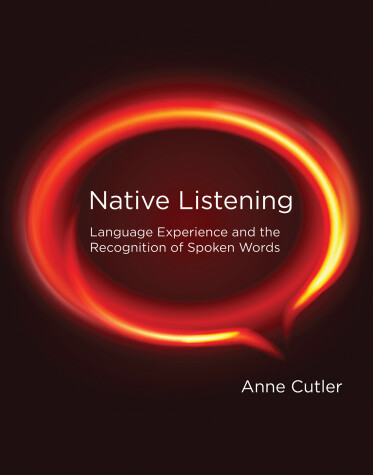This book offers an innovative, unified theoretical model for better understanding the processes underpinning naming and framing and the power that words exert over human minds. The volume integrates theoretical paradigms and empirical insights from across a broad array of research disciplines, several of which have not been combined before, and uses this foundation as a point of departure for introducing its four-layered model of distinct but connected levels of analysis. Bringing together in...
Space and Time in as-Sani' Arabic (Brill's Studies in Language, Cognition and Culture)
by Letizia Cerqueglini
What is the relationship between spatial and temporal representations in language and cognition? What is the role of culture in this relationship? I enter this discussion by offering a community-based, cross-generational study on the community of speakers of as-Sani' Arabic, members of a Negev Desert Bedouin tribe in Israel. The book presents the results of ten years of fieldwork, the linguistic and cognitive profiles of three generations, and first-hand narration of a century of history, from n...
This original, entertaining, and surprising book investigates verbal blunders: what they are, what they say about those who make them, and how and why we've come to judge them.Um... is about how you really speak, and why it's normal for your everyday speech to be filled with errors—about one in every ten words. In this charming, engaging account of language in the wild, linguist and writer Michael Erard also explains why our attention to some blunders rises and falls. Where did the Freudian slip...
Two prominent thinkers argue for the possibility of a theory of concepts that takes reference to be concepts' sole semantic property.In cognitive science, conceptual content is frequently understood as the “meaning” of a mental representation. This position raises largely empirical questions about what concepts are, what form they take in mental processes, and how they connect to the world they are about. In Minds without Meaning, Jerry Fodor and Zenon Pylyshyn review some of the proposals put f...
A fascinating examination of how we are both played by language and made by language: the science underlying the bugs and features of humankind’s greatest invention. Language is said to be humankind’s greatest accomplishment. But what is language actually good for? It performs poorly at representing reality. It is a constant source of distraction, misdirection, and overshadowing. In fact, N. J. Enfield notes, language is far better at persuasion than it is at objectively capturing the facts of...
Minimum of Language Acquisition: Lectures in General Linguistics, Syntax, and Child Language Acquisition provides readers with a compelling exploration of how children learn languages, the barriers to acquisition, and the complex nature of language as a largely internal mental process. The text features five lectures, which include discussions of language and linguistics; movement distinctions based on inflectional versus derivational morphology; the Four Sentences; the myth of "function define...
Reading Acquisition Processes (The Language and Education Library)
Full of practical ideas that can be easily implemented with minimal preparation, this book contains a wealth of games and activities for developing language with young children. Following a multi-sensory approach, the games focus on having fun and working on speech language difficulties without having to concentrate directly on speaking. The games are organised around the school year and are themed according to which sense they specifically aim to develop. Most games can be carried out with litt...
Theoretical Issues in Reading Comprehension (Psychology Library Editions: Psychology of Reading)
Research in cognitive psychology, linguistics, and artificial intelligence - the three disciplines that have the most direct application to an understanding of the mental processes in reading - is presented in this multilevel work, originally published in 1980, that attempts to provide a systematic and scientific basis for understanding and building a comprehensive theory of reading comprehension. The major focus is on understanding the processes involved in the comprehension of written text. Un...
Foundations of Bilingual Education and Bilingualism (Bilingual Education & Bilingualism)
by Colin Baker and Wayne E Wright
The seventh edition of this bestselling textbook has been extensively revised and updated to provide a comprehensive and accessible introduction to bilingualism and bilingual education in an everchanging world. Written in a compact and clear style, the book covers all the crucial issues in bilingualism at individual, group and societal levels. Updates to the new edition include: Hundreds of new citations from the latest research.Expanded discussion of key topics including codeswitching, transla...
Psycholinguistic Research (PLE: Psycholinguistics) (Psychology Library Editions: Psycholinguistics)
Originally published in 1979, this book represents an effort to bring together the two disciplines at the core of psycholinguistics, psychology and linguistics. It discusses a broad variety of theoretical approaches to psycholinguistics as well as covering a wide range of topics. At the time the book had four goals: to discuss many of the important contemporary issues in psycholinguistics; to explore the different views on major theoretical controversies; to provide an analysis of background l...
This is the very first book to investigate the field of phraseology from a learner corpus perspective, bringing together studies at the cutting edge of corpus-based research into phraseology and language learners. The chapters include learner-corpus-based studies of phraseological units in varieties of learner language differentiated in terms of task and/or learner variables, compared with each other or with one or more reference corpora; mixed-methods studies that combine learner corpus data wi...
Automaton Theories of Human Sentence Comprehension (CSLI - Studies in Computational Linguistics) (Studies in Computational Linguistics (CSLI))
by John T. Hale
By relating grammar to cognitive architecture, John T. Hale shows how incremental parsing works in models of perceptual processing and how specific learning rules might lead to frequency-sensitive preferences. Along the way, Hale reconsiders garden-pathing, the parallel/serial distinction, and information-theoretical complexity metrics, such as surprisal. This book is a must for cognitive scientists of language.
Variability and Consistency in Early Language Learning
by Michael C. Frank, Mika Braginsky, Daniel Yurovsky, and Virginia A. Marchman
A data-driven exploration of how children's language learning varies across different languages, providing both a theoretical framework and reference. The Wordbank Project examines variability and consistency in children's language learning across different languages and cultures, drawing on Wordbank, an open database with data from more than 75,000 children and twenty-nine languages or dialects. This big data approach makes the book the most comprehensive cross-linguistic analysis to date of e...
Bi- And Multilingualism from Various Perspectives of Applied Linguistics
Second Language Learning (Applied Linguistics and Language Study)
by Michael Sharwood-Smith and Christopher N. Candlin
A survey and analysis of second language theory discusses the development of ideas in this expanding area of language studies. It looks at the implications of these ideas and directions for future research. Contains study questions and activities as well as practical guidelines on the use of available research resources.
Lernpsychologie und Fremdsprachenerwerb
by Klaus Vogel and Sigrid Vogel
Language Learning in Study Abroad (New Perspectives on Language and Education, #88)
Vestiges of monolingual bias are present in the portrayal of study abroad as an idealised monolingual immersion experience and the steps many programs take to encourage or enforce target language monolingualism. In reality, study abroad is often inherently multilingual. This book addresses the need for a recognition of the multilingual realities of study abroad across a variety of traditional and non-traditional national contexts and target languages. The chapters examine multilingual socializat...
It’s not Avi’s fault, it’s those sourish, mind-bending little berries that are to blame, those tiny wee spheres. Bilberries, bletherberries that befuddle the mind, babbleberries that give you a kick. The beautiful green forest scales, the timber songs, play out like a kaleidoscope before his eyes. It’s hard tae breathe, yer haunds skedaddle awa… In a camp at the edge of a forest children are trained to forget their language through drugs, therapy, and coercion. Alicia and her brother Avi are re...
An argument that the way we listen to speech is shaped by our experience with our native language.Understanding speech in our native tongue seems natural and effortless; listening to speech in a nonnative language is a different experience. In this book, Anne Cutler argues that listening to speech is a process of native listening because so much of it is exquisitely tailored to the requirements of the native language. Her cross-linguistic study (drawing on experimental work in languages that ran...
